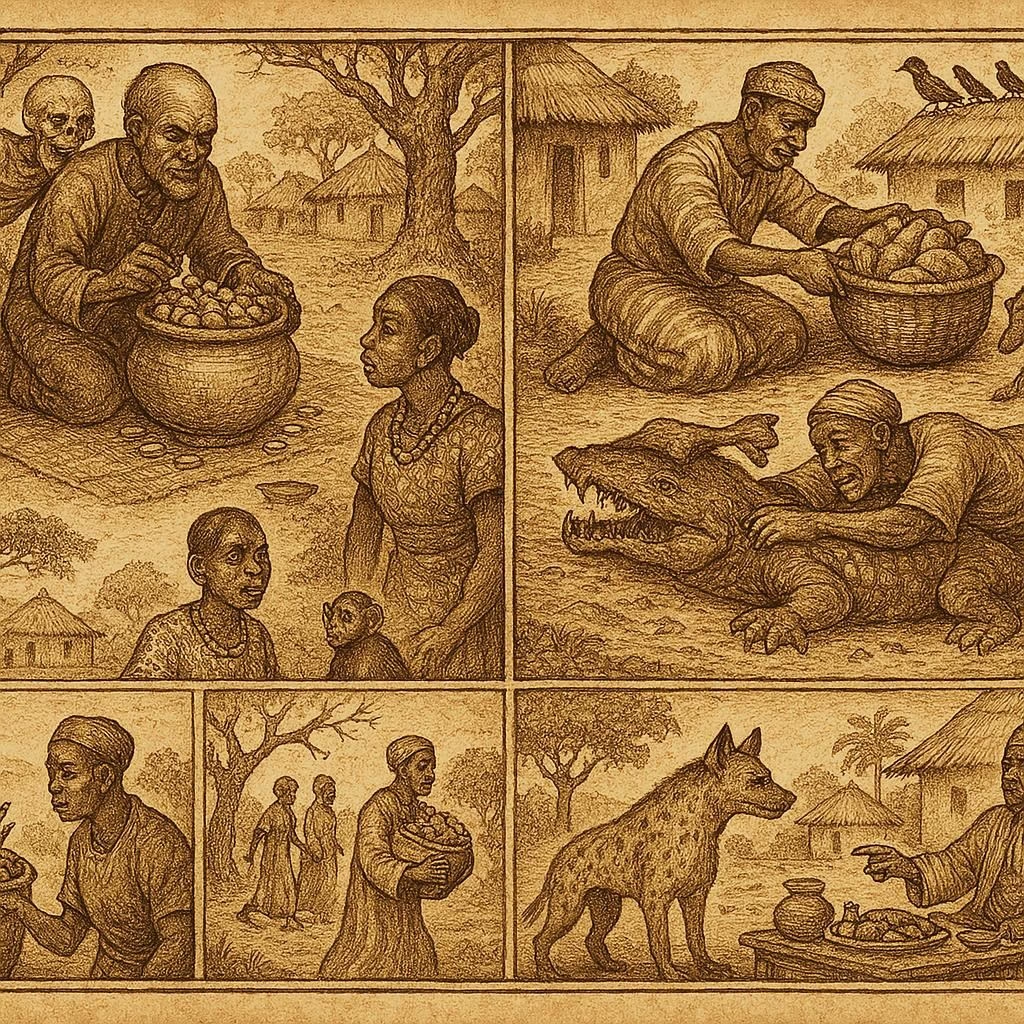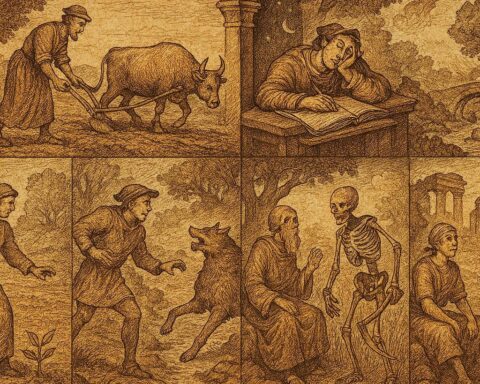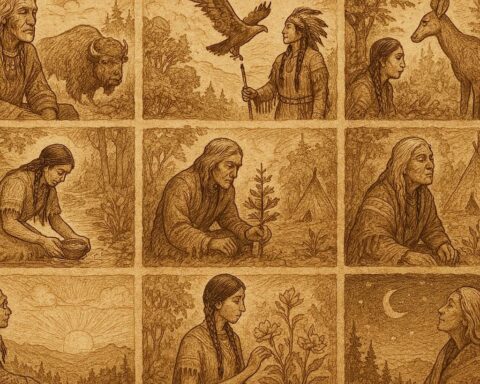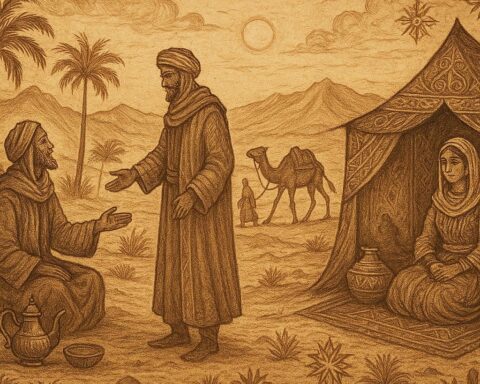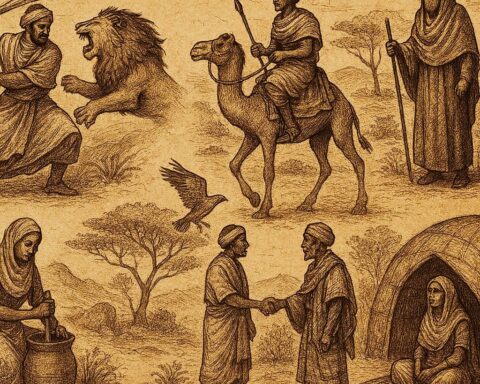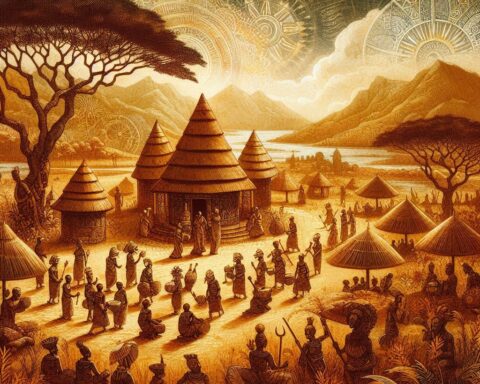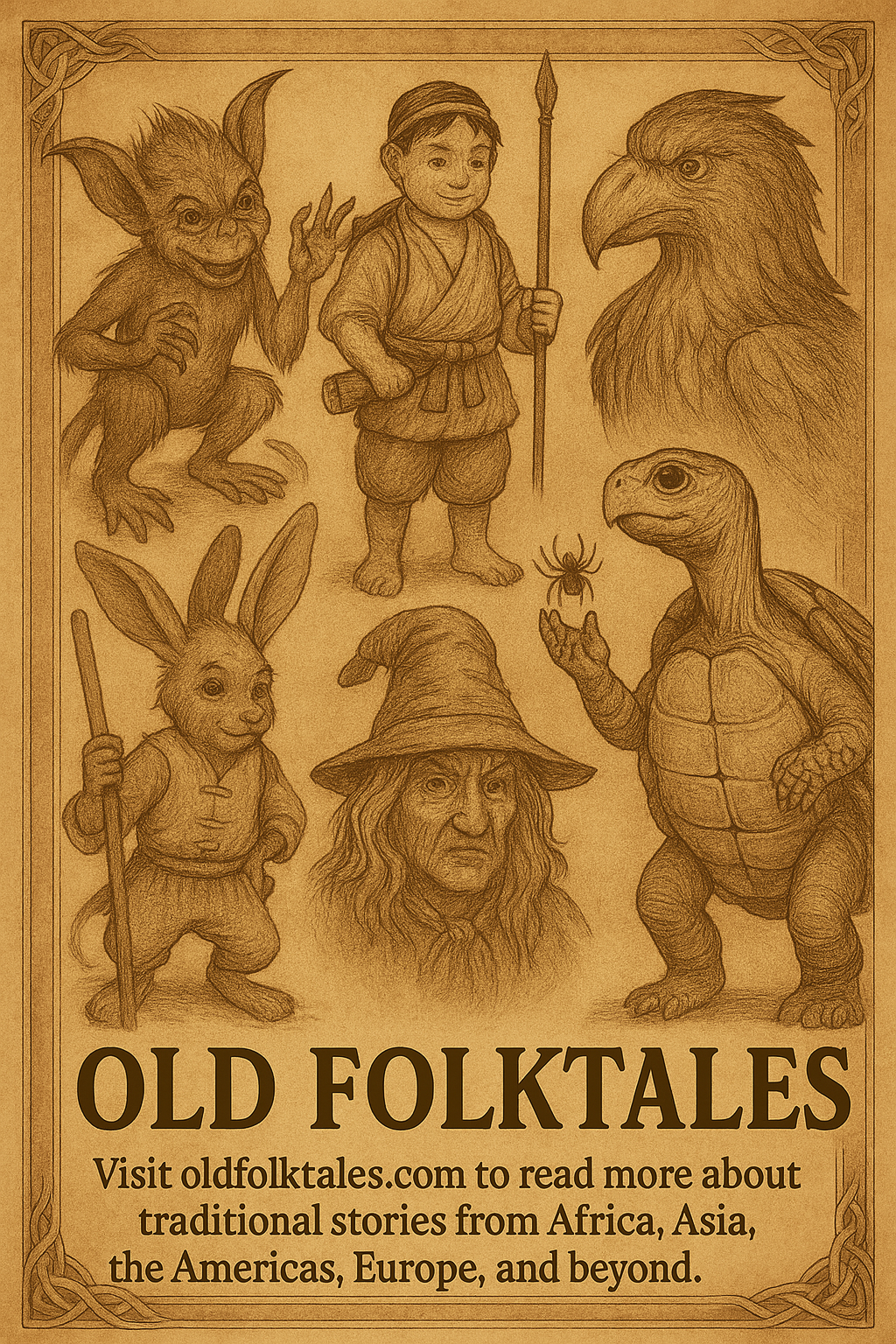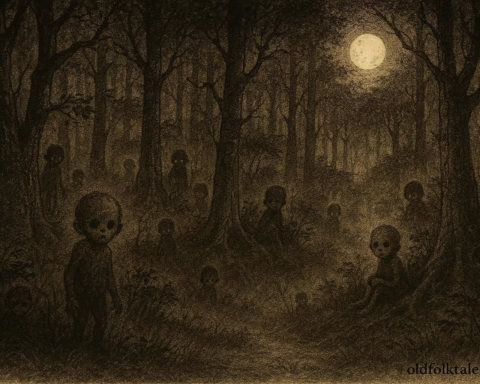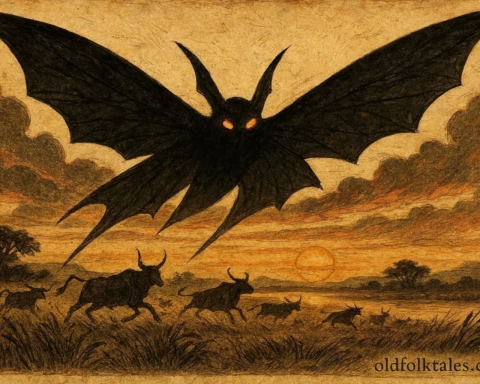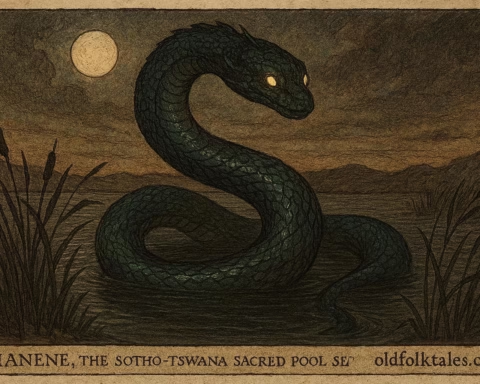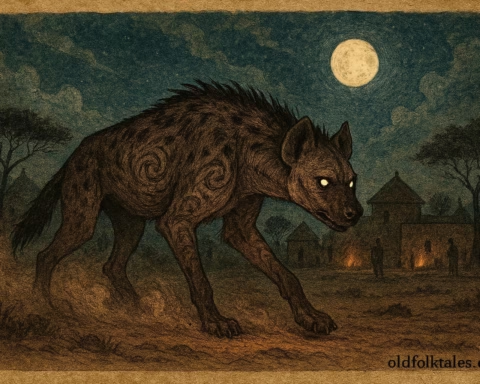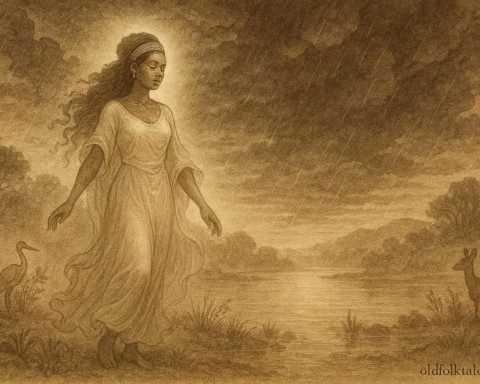Greed is one of the oldest vices known to humankind, and across West Africa, it has been condemned in stories, songs, and sayings. Proverbs, in particular, act as sharp arrows of wisdom, short, memorable, and full of meaning. They warn against selfishness, exploitation, and shortsightedness. In communities where survival often depended on cooperation, greed was not just a personal flaw; it was a threat to the entire village.
These six West African proverbs highlight how elders passed down lessons on generosity, fairness, and balance. Each one reflects the cultural, social, and moral fabric of the region while teaching that greed eventually destroys those who embrace it.
“The greedy man’s belly will burst.”
This proverb, heard among Yoruba and Akan speakers, delivers a blunt warning: unchecked greed will bring ruin. In traditional society, eating more than your share of food, or hoarding wealth, was seen as disrespectful to both people and the gods. Communities thrived on sharing, and selfish hoarders were shamed.
The lesson is clear: greed might promise fullness, but in the end, it only leads to downfall.
“The hand that eats alone cannot clap.”
Among Igbo and Mandé communities, this proverb teaches that life is not meant to be lived in isolation. A greedy person who eats alone denies themselves the joy of companionship. Worse, they destroy trust within their circle.
The metaphor of clapping is brilliant: one hand alone can do little. It is only when joined with another that sound and rhythm emerge. Likewise, only when we share can life feel complete.
“When the lion eats all the meat, the hyenas go hungry.”
This proverb, told across Sahelian communities like the Fulani and Hausa, compares greed to the selfishness of a lion who refuses to share a kill. But in the natural world, even lions leave scraps for scavengers. A truly greedy lion would starve the ecosystem, and eventually, itself.
The moral here is political and social: when leaders or the wealthy hoard all resources, the rest of society suffers. Greed destabilizes the community and invites unrest.
“The child who says his mother’s soup is too small will never be satisfied.”
Originating from Akan wisdom in Ghana, this proverb speaks to discontent rooted in greed. The “soup” represents blessings, resources, or provision. A child who complains of small portions even when food is provided reveals an endless appetite, a heart that can never find contentment.
This proverb reminds us that gratitude cures greed, while ingratitude breeds misery.
“He who wants to eat all the food will have no friends.”
This saying, popular among Wolof speakers in Senegal, is straightforward. Friendship, marriage, kinship, all require fairness and sharing. A greedy person destroys bonds because no one wants to be around someone who hoards.
The proverb’s lesson is social: greed isolates. Generosity attracts. If you wish for belonging and respect, you must share what you have.
“The hyena says: ‘What is mine is mine, and what is yours is mine too.’”
This biting proverb, common in Hausa and Mandé cultures, mocks the shameless nature of greed. The hyena, a symbol of cunning hunger, claims everything for itself. But such behavior leads to ridicule and hatred.
The lesson is sharp: greed makes one foolish and untrustworthy. A greedy person may gain in the short term, but in the long term, they lose honor, respect, and allies.
Cultural Origins
In West Africa, proverbs were not idle sayings but community tools. They were spoken at palaver gatherings, in the marketplace, at the hearth, and during disputes. Storytellers (griots) used them to close arguments with authority, while elders used them to counsel youth.
Greed was condemned because it was destructive to communal survival. Whether in farming villages, fishing towns, or nomadic camps, one person’s selfishness could mean another’s starvation. As such, West African proverbs about greed are not only moral lessons but survival strategies passed down across centuries.
They also highlight the African emphasis on relational wealth: success was measured not by how much you gathered for yourself, but by how much you shared with your community.
Knowledge Check
1. What do West African proverbs say about greed?
They warn that greed destroys relationships, destabilizes communities, and ultimately ruins the greedy person.
2. What does “The greedy man’s belly will burst” mean?
It means unchecked greed leads to downfall, teaching moderation and sharing.
3. How does the proverb “The hand that eats alone cannot clap” apply today?
It shows that selfishness isolates, while generosity builds friendship and cooperation.
4. Why is the lion used in West African proverbs about greed?
The lion symbolizes power and dominance, but also the danger of hoarding resources at others’ expense.
5. How were West African proverbs traditionally used?
They were spoken by elders, griots, and community leaders to guide behavior and resolve disputes.
6. What moral lesson do hyena proverbs teach?
They highlight how greed makes a person foolish, selfish, and ultimately dishonored in society.
